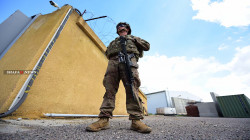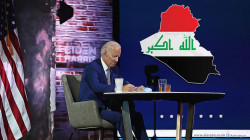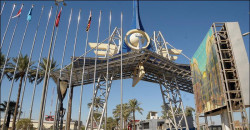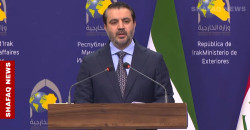Syrian President Ahmed Al-Sharaa recalls imprisonment in Iraq
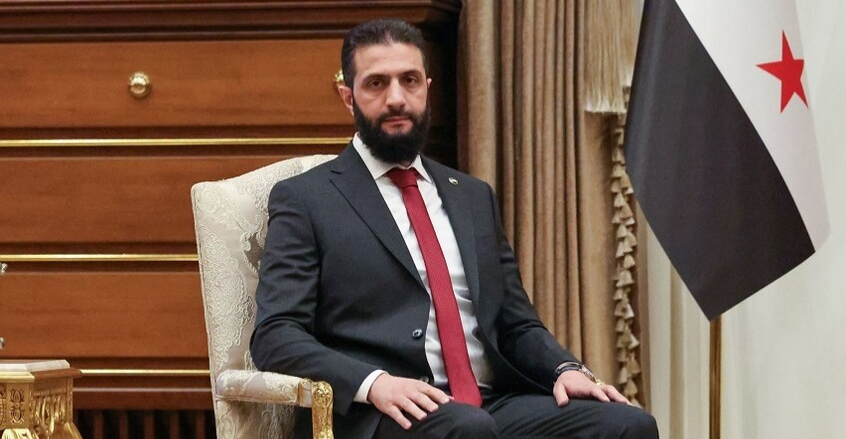
Shafaq News/ Syrian President Ahmed Al-Sharaa said on Monday that he was imprisoned in Iraq and transferred between four different prisons before his release, just days before the Syrian uprising began.
In a podcast conversation with Alastair Campbell, former spokesman for British Prime Minister Tony Blair, and Rory Stewart, a former UK minister, Al-Sharaa recounted his detention, saying, “I was captured early in Iraq and sent to the infamous Abu Ghraib prison, where detainees were tortured. Then, I was moved to Camp Bucca, followed by Kober prison in Baghdad, and finally to Taji prison before being released.”
He said his time in prison exposed him to many people and helped shape his political outlook. “During my time in Iraq, especially in prison, I focused on planning my return to Syria. It was purely by coincidence that I was released just two days before the Syrian revolution began,” he added.
Al-Sharaa, previously known as Abu Mohammed Al-Joulani, left Syria for Iraq after the US-led invasion in 2003 to join the fight. He became a member of Al-Qaeda in Iraq, then led by Abu Musab al-Zarqawi, before being detained for five years, which prevented him from advancing through the ranks of the jihadist group.
The United States had placed a $10 million bounty on Al-Sharaa but revoked it last month following a US delegation’s visit to Damascus, where officials met with him.
Iraq’s Position on Al-Sharaa’s Appointment
Iraq has yet to take an official stance on Al-Sharaa’s appointment as Syria’s new president, despite rapid diplomatic engagement from regional powers. In late December, Baghdad sent a high-level delegation to Damascus, led by intelligence chief Hamid Al-Shatri. However, the visit did not signal official recognition of Al-Sharaa’s government.
Meanwhile, Iraqi judicial sources told Shafaq News that an arrest warrant had been issued against Al-Sharaa in Iraq. According to the sources, he was detained by US forces between 2007 and 2008 due to his ties with Al-Qaeda but was later released without any charges from the Iraqi judiciary. However, years later, after detained individuals implicated him in terror-related offenses, Iraqi authorities issued a subsequent arrest warrant against him.
Al-Sharaa has denied involvement in sectarian fighting in Iraq, emphasizing that his group, Hayat Tahrir al-Sham, has severed ties with Al-Qaeda.
While speculation has emerged that Al-Sharaa could be eligible for Iraq’s recently passed General Amnesty Law, legal experts say the legislation does not apply to him. “The general amnesty law only covers Iraqi nationals, and Al-Sharaa is Syrian. Therefore, he is not eligible, regardless of the charges against him,” Iraqi legal expert Mohammed Jumaa said.

